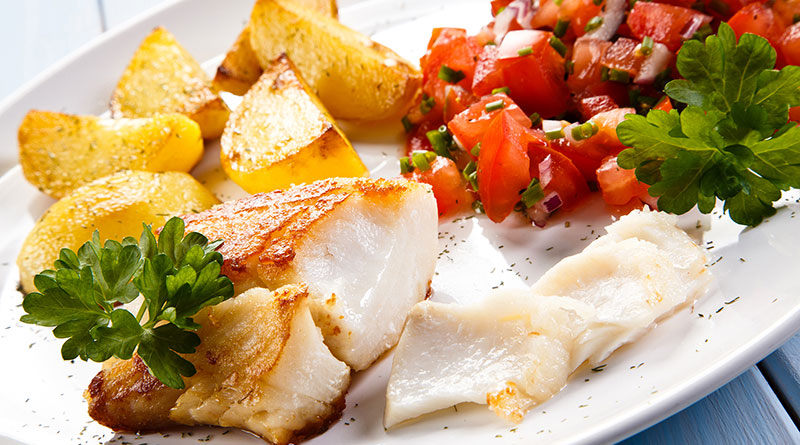Wild Weather Threatens Produce Price Spike, Warns Lynx Purchasing

The UK’s wet and wild weather over recent months means hospitality and catering operators are likely to face sharp increases in the cost of key food and drink lines, warns buying specialist Lynx Purchasing.
Many crops, ranging from potatoes, carrots and salad for summer menus to the wheat grown to make beer, have been delayed or damaged by the heavy rain which has left large areas of agricultural land waterlogged.
“As the weather improves and the sun shines, it should encourage more people to go out and enjoy hospitality venues,” says Rachel Dobson, managing director of Lynx Purchasing. “However, the impact of the wet weather will be felt in the supply chain for a while longer.”
The warning comes as Lynx Purchasing publishes the Summer 2024 edition of its regular Market Forecast, using exclusive insight from the range of suppliers that Lynx Purchasing works with, as well as official inflation data, to look at food and drink pricing in the run-up to the summer trading period.”Although the headline rate of inflation is expected to continue to fall across the summer and into autumn, operators don’t always see the full benefit when there are specific problems,” added Dobson.
“Our advice is that hospitality businesses should prepare for higher prices and potential shortages across a range of produce.
“We won’t know the full picture until produce is harvested. However, we do know that after the very wet winter and spring, many farmers have either had to plant later than planned, or even abandon flooded fields entirely. Europe experienced similar issues, meaning imports are also affected.
“The challenge for restaurants, pubs and other hospitality businesses is that supermarkets are able to use their buying muscle to secure available supplies, which also helps to dampen any impact on the headline inflation rate. Hospitality has to compete for whatever supplies are left, with prices higher and quality perhaps not as good.”
Among the product areas highlighted in the latest Market Forecast are:
• Potatoes: The prolonged wet weather have affected the quality and timing of the UK crop, along with other root vegetables. There are similar challenges in Belgium, France, and the Netherlands. European potato prices soared last year, and there are serious concerns for this year’s growing season.
•Salads: Outdoor planting of products such as onions, peppers and tomatoes will be later than usual in the UK, due to the generally waterlogged conditions. Glasshouse-grown produce will be available, but suppliers may rely on higher-priced imports for longer than usual.
• Vegetables: Growers will be hoping for dry spring weather to help with planting crops such as carrots, cauliflower, and broccoli. Any delay in planting will mean relying for longer on imports, at a higher cost.
• Beef: UK beef production is forecast to remain largely stable in 2024. However, any increase in demand linked to an upturn in consumer spending, for example if good weather boosts barbecue menus, could see prices increase sharply.
• Olive oil: The long, hot, dry summer in much of the Mediterranean last year damaged olive trees and caused a poor crop, pushing olive oil prices to an all-time high. Stocks are already significantly down on previous years and are likely to run very low before we reach the next harvest.
Dobson added: “As the well-publicised olive oil shortage shows, the challenges facing food and drink producers go beyond the UK. Along with extreme weather events around the world, the impact of conflict in Ukraine and the Middle East means increases in the time and cost of shipments.
“One concern closer to home is that the most recent NFU survey of confidence amongst UK farmers is at the lowest levels ever recorded, not simply because of the weather, but also the wider economic headwinds. Serving local produce is one way that hospitality operators can offer a point of difference, and without more support, there may be fewer UK farmers around to supply it.
“The best advice to operators is to place orders in good time, keep speaking to suppliers about availability, and keep menu descriptions flexible to allow for changes if needed.”
